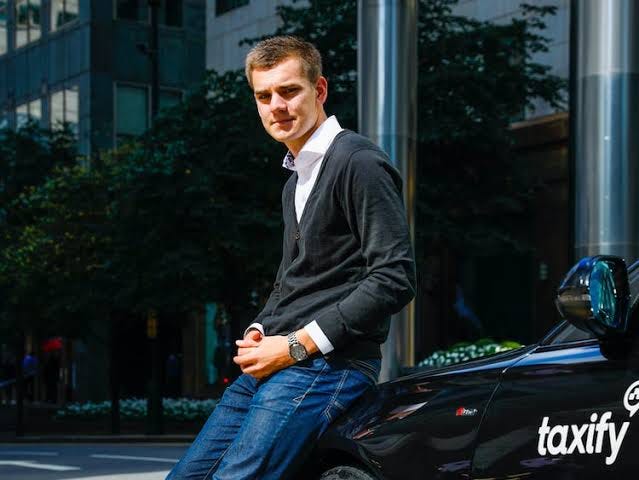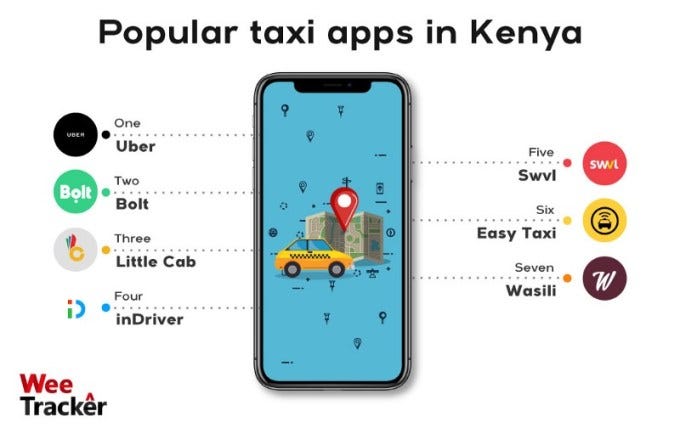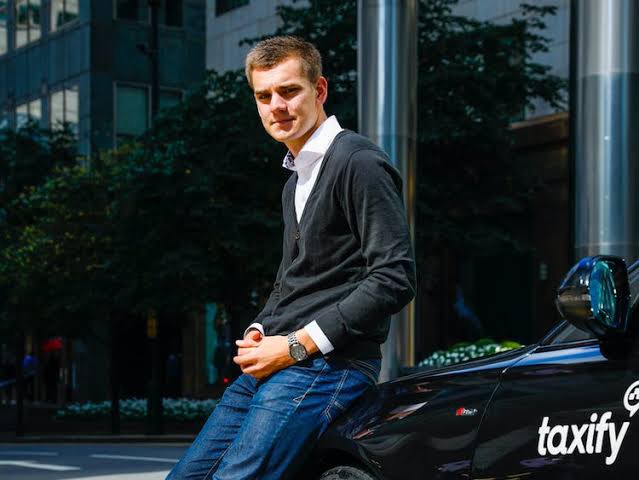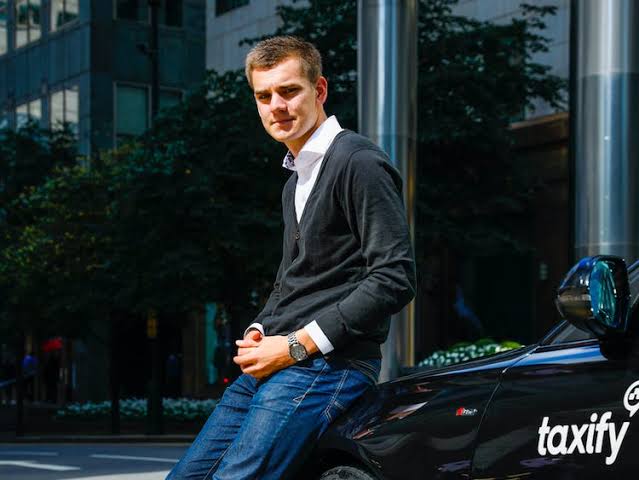Ride-Hailing Startup, Bolt, Founded By A 19-Year Old Raises Another $23.9m To Invade Its African Market
Mobility startups in Africa are in for a rollercoaster ride as a leading player in the African digital mobility sector, Estonia-headquartered Bolt (formerly Taxify) has just raised another $20 million to tackle its African market.

“Half of Bolt’s business is in Africa, and this investment will allow us to stimulate entrepreneurship and advance drivers and passengers by transforming transportation on the continent,” said Gareth Taylor, regional director of Bolt in southern Africa.
Here Is What You Need To Know
- The round was led by the International Finance Corporation.
- Barely 3 months ago, Bolt raised $182m from D1 Capital Partners with participation also from Darsana Capital Partners. The funding added to the $109 million it raised in May, 2020.
- The latest investment brings the startup’s total financing to more than $534.9 million, and would be used to finance its African market operations.
- Launched in 2013 by Martin and Markus Villig under the name Taxify, Bolt is developing numerous mobility services (VTC, motorcycle taxis and even free-floating electric scooters), in more than 200 cities across 40 countries in Europe and Africa. The startup currently serves 50 million customers using its services.
- Faced with the Covid-19 pandemic and the ensuing containment measures, the startup has stepped up its meal delivery service, Bolt Food, now available in 12 countries.

- Rather concentrated in Eastern Europe and Africa, Bolt is gaining ground in markets where its competitor Uber is less present.
- The Tallinn-based startup has also launched a new service for merchants. Called Business Delivery, it offers restaurants, supermarkets and florists a delivery service to cover the last kilometer and manage returns of items, using the Bolt network of drivers and couriers.
- To comply with social distancing measures, the startup has also launched a new category of hybrid bikes equipped with dividing walls between the passenger and driver seats.
Charles Rapulu Udoh

Charles Rapulu Udoh is a Lagos-based lawyer who has advised startups across Africa on issues such as startup funding (Venture Capital, Debt financing, private equity, angel investing etc), taxation, strategies, etc. He also has special focus on the protection of business or brands’ intellectual property rights ( such as trademark, patent or design) across Africa and other foreign jurisdictions.
He is well versed on issues of ESG (sustainability), media and entertainment law, corporate finance and governance.
He is also an award-winning writer








